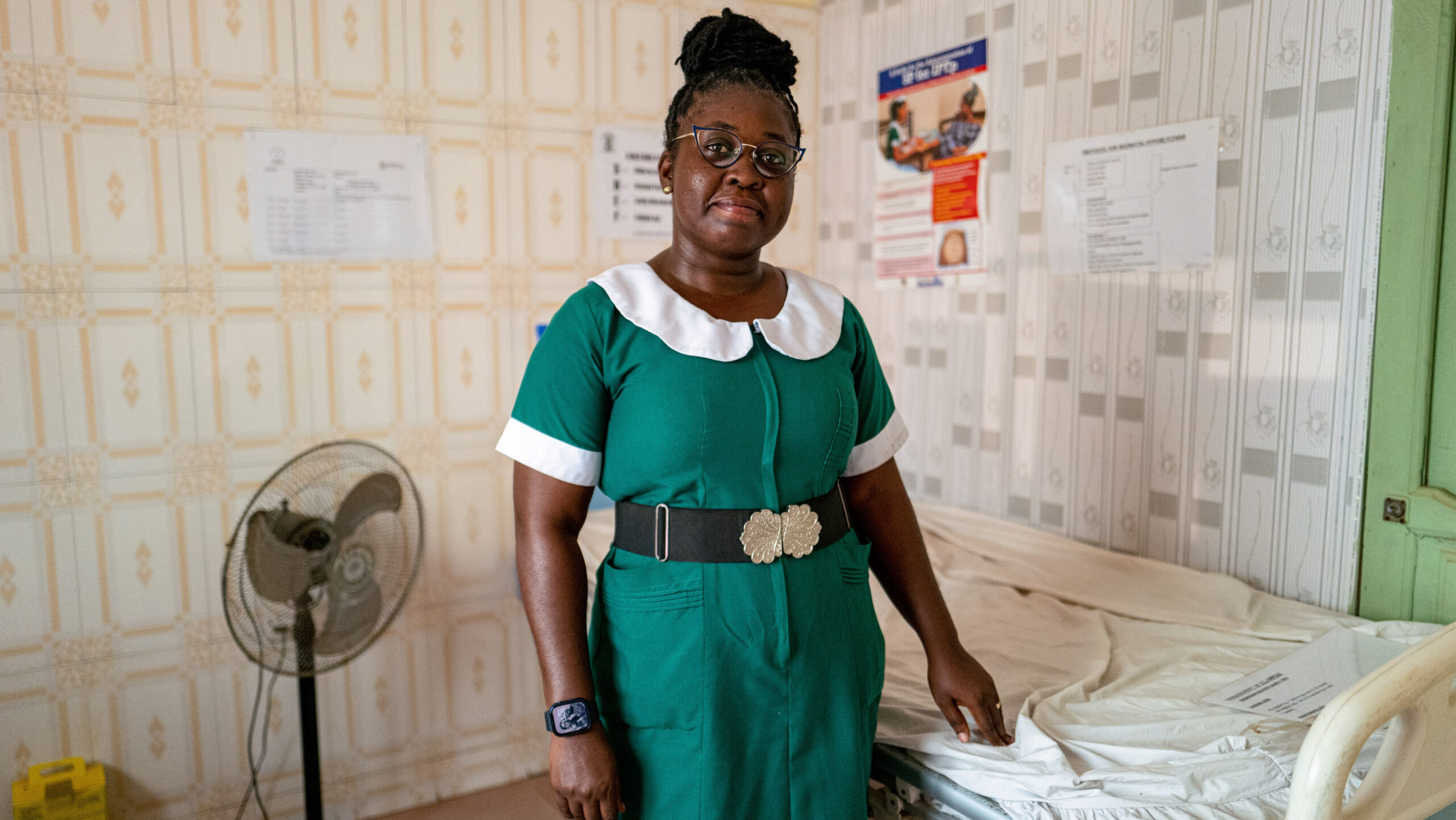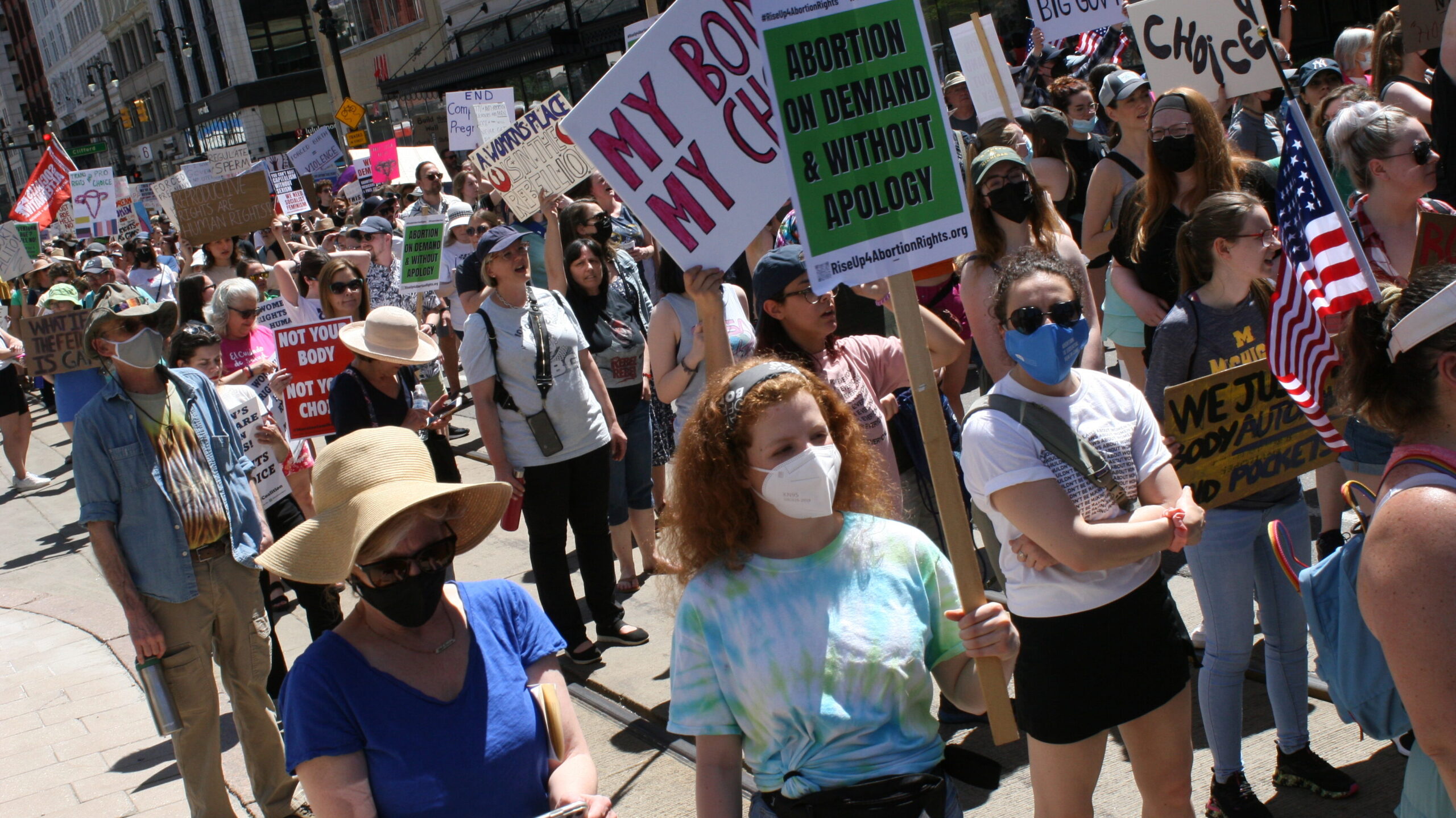MSI recently completed its largest-ever clinical study evaluating the safety, quality and acceptability of implant provision by community health extension workers (CHEWs) in Nigeria. This research brief summarises the task-sharing intervention and the results of the clinical study, which will also be shortly published in a peer-reviewed journal. The research has been critical in evidencing the need for policy change for implant provision in Nigeria.
We followed up with over 6,000 female clients of 119 providers in Ondo and Kaduna States in Nigeria to assess whether levels of clinical adverse events differed between nurses/midwives and CHEWs up to two weeks after insertion. We found higher than anticipated rates of implant expulsion at two weeks, which was higher among CHEWs than nurses/midwives, although driven by a few poor performers. Problems with expulsion improved with experience and the researchers recommend a longer accreditation period, supported by close supervision and monitoring. This is particularly important in remote, rural areas since quality of care was lower in the more rural Kaduna State than Ondo.








